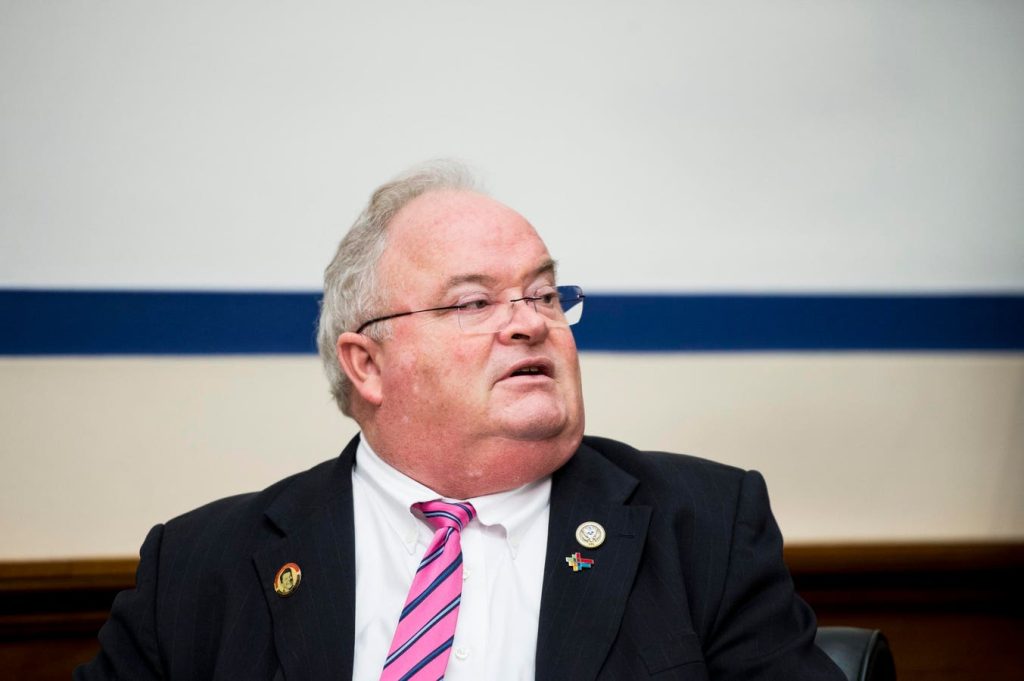The looming second Trump administration portends a tumultuous period for the Internal Revenue Service (IRS), with potential ramifications extending far beyond the agency itself. President-elect Trump’s rhetoric, personnel choices, and the policy blueprints of his close advisors coalesce around a narrative of a “weaponized” IRS, necessitating drastic budgetary cuts and structural overhauls. This narrative, however, clashes starkly with reality, raising concerns about the potential erosion of voluntary tax compliance, a cornerstone of the US tax system. Trump’s past pronouncements on taxes, coupled with the views of his appointees, paint a picture of an IRS facing significant downsizing and a shift in focus.
The individuals Trump has tapped for key positions offer insight into his intentions for the IRS. Billy Long, Trump’s pick for IRS Commissioner, previously co-sponsored legislation to dismantle the agency entirely and replace the income tax with a national sales tax. Russell Vought, slated to return as Director of the Office of Management and Budget, has been a vocal critic of the IRS, echoing Trump’s claims of widespread audits, a claim unsupported by data. These appointments, combined with the influence of figures like Vivek Ramaswamy, who advocates for eliminating the IRS, suggest a radical reshaping of the agency’s role and function. This proposed reshaping comes at a time when the IRS is grappling with outdated technology and staffing shortages, potentially exacerbating existing challenges.
Beyond personnel changes, the broader conservative agenda outlined in documents like Project 2025 calls for a sweeping overhaul of the federal bureaucracy, including the IRS. This includes replacing career civil servants with political appointees, potentially politicizing an agency traditionally known for its non-partisan approach. The proposed changes extend to the IRS’s enforcement arm, raising concerns about potential bias and the targeting of political opponents. While Trump distanced himself from Project 2025 during the campaign, the prominence of its authors in his administration suggests that its recommendations may still hold significant sway.
The potential consequences of these changes are multifaceted and far-reaching. Budget cuts, already underway, could further hamstring the IRS’s ability to enforce tax laws effectively, potentially leading to a decline in revenue collection and an increase in tax evasion. The replacement of experienced career staff with political loyalists could undermine the agency’s institutional knowledge and operational efficiency. Moreover, the constant portrayal of the IRS as an enemy of the people by the president and his allies could erode public trust in the agency and discourage voluntary tax compliance. This, in turn, could necessitate more aggressive enforcement measures, creating a vicious cycle of distrust and antagonism.
A critical question that remains unanswered is how taxpayers will react to this reframing of the IRS. Will the constant attacks on the agency’s legitimacy lead to increased resistance to paying taxes, or will the public maintain its faith in the system? The answer to this question will have profound implications for the nation’s fiscal health. If trust in the IRS erodes significantly, it could lead to a decline in tax revenue, forcing the government to make difficult choices about spending priorities. Furthermore, a politicized IRS could become a tool for rewarding allies and punishing opponents, undermining the fairness and impartiality of the tax system.
The specific actions of the Trump administration in the coming months will be crucial to understanding the full extent of the changes to the IRS. Whether Trump replaces the current IRS Commissioner mid-tax season, the depth of budget cuts, and the extent to which political loyalists are installed in key positions will all be telling indicators. Equally important will be the administration’s approach to existing IRS programs, such as the modernization of its computer systems and the Direct File program. The answers to these questions will determine not only the future of the IRS but also the future of tax administration in the United States. The potential for the IRS to become a tool of political retribution raises profound concerns about the integrity of the tax system and its impact on the broader democratic process. The coming months will be a critical period for observing how these changes unfold and their impact on taxpayers and the nation as a whole.










